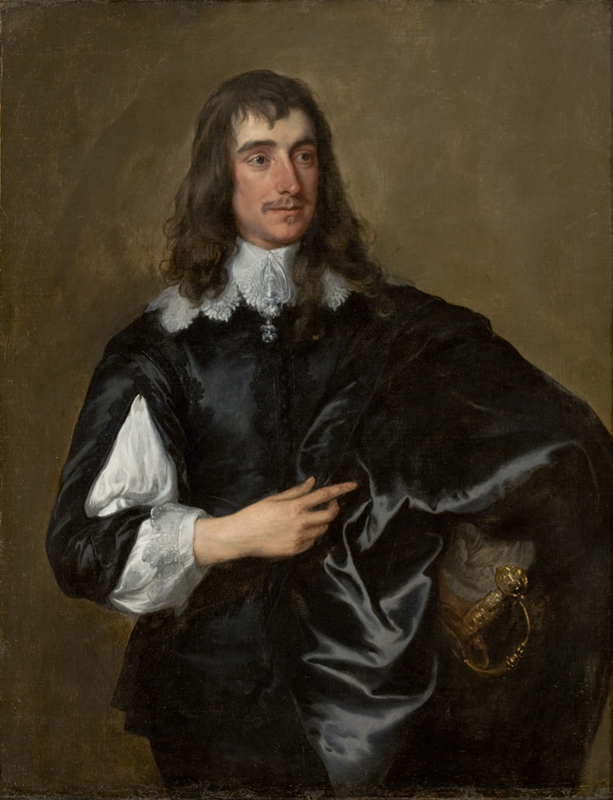|
 As early as the 17th century, a host of books
and pamphlets included references to relatively humble people who witnessed -
or said that they had witnessed - newsworthy events. One of these is a
publication in 1681 which includes testimony from Edward and Mary Howcott of
Lichfield. As early as the 17th century, a host of books
and pamphlets included references to relatively humble people who witnessed -
or said that they had witnessed - newsworthy events. One of these is a
publication in 1681 which includes testimony from Edward and Mary Howcott of
Lichfield.
Between 1678 and 1681, there was
widespread fear in England about a fictitious conspiracy called the Popish
Plot. Initiated by Titus Oates, it alleged extensive scheming by Roman
Catholics to assassinate Charles II and led to a series of trials and
executions. Amongst the victims was William Howard, 1st Viscount Stafford who
was condemned to death for treason on 7 December 1680 and beheaded at Tower
Hill 22 days later. Two of the witnesses who gave evidence against Stafford
were Stephen Dugdale and Edward Turberville.
On 1 January 1680/1, Francis
Bayly, who was one of the local Justices of the Peace, examined Edward
Howcott of Lichfield. Edward testified under oath that he had been told about
a plan to discredit Stephen Dugdale. This account of the examination was
published later in the same year [1]:
|

|
|
William
Howard
|
“The Examination of Edward Howcott
of the City of Lichfield taken at the said City, the first day of Jan. 1680/1
before me Francis Bayly, one of His Majesties Justices of the Peace for the
County of the said City.
The said Examinant upon his Oath
saith, that Joseph Salt of Utoxeter [i.e.
Uttoxeter] Feltmaker, about the month of June last, told this Deponent that
one John Murrall, a barber in Rugby [presumably Rugeley], in the County of
Stafford, would have had the said Joseph Salt to have gone with him to
London, and be a witness against Mr Stephen Dugdale, one of the King’s
Evidence in the late Horrid Plot, the said Murrall pretending as the said
Salt told this Deponent, that he knew as much of the Plot as Mr Dugdale did;
and if he would but testifie three or four words
which Murrall would direct him to swear against Mr Dugdale he should live
better than ever he did in his life, telling the said Salt, that he now lived
meanly, but if he would do what he desired him, he should never want whilst
he lived; for in this Juncture of time the Oath of a Protestant would be
better accepted than twenty oaths of a Papist. And further this Deponent
said, That the said Murrall hath sworn him never to confess what he said to
him, and therefore Salt saith, he would be hanged, and drawn, and quartered,
before he would discover the saying of Murrall. And this not only sworn by
Edward Howcott, but by his Wife Mary Howcott, and by one Edward Blakesley,
who were all present when Salt declared and acknowledged as is above
deposed.”
Notes
[1] “No
faith or credit to be given to Papists being a discourse occasioned by the
late conspirators dying in the denyal of their
guilt: with particular reflections on the perjury of Will. Viscount Stafford,
both at his tryal, and in his speech on the
scaffold in relation to Mr. Stephen Dugdale and Mr. Edward Turbervill” by John Smith of Walworth. (London, 1681),
page 11.
|